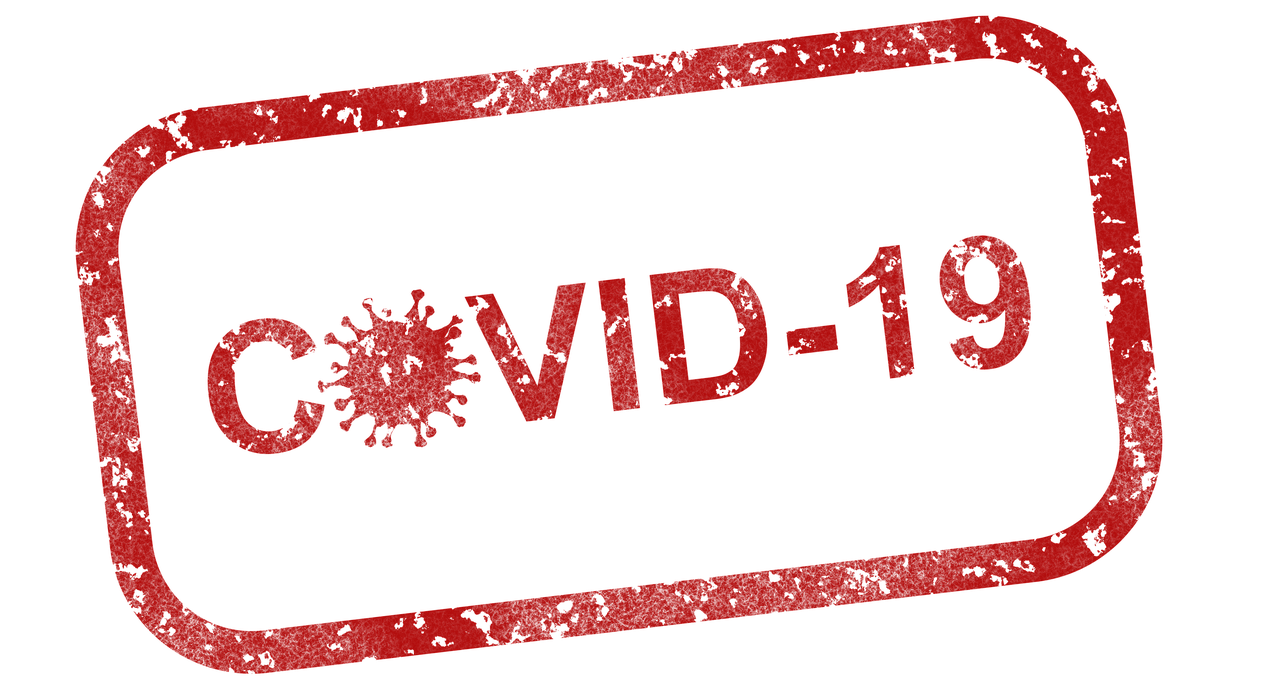Supreme Court Issues Rulings on Vaccine Mandates
On January 13, 2022, the Supreme Court of the United States ("SCOTUS") issued two rulings related to vaccine mandates. Accordingly, the Emergency Temporary Standard (“ETS”) is stayed and employers with 100 employees or more are not required to follow the Occupational Safety and Health Administration’s (“OSHA”) ETS.
 First, SCOTUS blocked OSHA's ETS mandate for employers with 100 employees or more. If the OSHA ETS mandate was allowed, then every eligible employer would have to: determine each employee’s vaccination status; keep records related to vaccination status; and develop, implement and enforce a mandatory COVID-19 vaccination policy.
First, SCOTUS blocked OSHA's ETS mandate for employers with 100 employees or more. If the OSHA ETS mandate was allowed, then every eligible employer would have to: determine each employee’s vaccination status; keep records related to vaccination status; and develop, implement and enforce a mandatory COVID-19 vaccination policy.
SCOTUS discussed that OSHA’s authority is limited by way of statute. The Court ruled that the Occupational Safety and Health Act of 1970 empowers the Secretary of Labor to set workplace safety standards, not broad public health measures. As explained by the Court, COVID-19 is not an occupational hazard in most workplaces. The rule exceeds the scope of authority granted to OSHA.
Second, SCOTUS ruled that the vaccine mandate for health care workers (a/k/a the CMS mandate) is allowed. The Court addressed that historically, the Secretary may impose conditions of participation that relate to the duties of health care workers. Health care workers are ordinarily required to be vaccinated. The Court concluded that the Secretary did not exceed the statutory authority in requiring that covered CMS facilities ensure that their employees be vaccinated against COVID–19. Therefore, the CMS rule stands for covered CMS facilities and those health care workers must be vaccinated.
As always, if you have any questions or concerns about issues impacting your business, feel free to reach out to the members of Barrett McNagny’s employment law team.